
African women continue to be underrepresented in the continent’s economic activities, despite constituting some 50% of the total population. This can be traced to a number of historical and structural factors.
However, as the continent as a whole pursues a course of transformation, it is clear that African women must be integral to that attempt, if there is to be any chance of success. In particular, African women need to be adequately represented in the decision making, including in investment and asset management.
The forum on the sidelines of the US-Africa Leaders Summit in Washington DC examined the opportunities and challenges that exist and what the global investor community can do to support women-led funds on the continent, including the African Women Impact Fund (AWIF), an initiative of Standard Bank to boost women fund managers on the continent.
It brought together investors and leaders from Africa and the US and was moderated by Lindeka Dzedze, head of Strategic Partnerships at Standard Bank Group and Chairperson of the African Women Impact Fund.
Lindeka Dzedze – Standard Bank
Setting the tone for the discussions, Lindeka Dzedze said that the vastness of Africa’s needs means that no one entity can fully address them and so collaboration and co-creation are essential. “Coming together and working on solutions that have worked in the African context is key,” she emphasised.
She said Standard Bank is fully committed to changing the narrative around Africa and it has launched a foundation in support of this agenda, which has received funding from Rwanda, South Africa, Senegal, Visa and Standard Bank itself.
Ms Dzedze said she had just been to the African Women in Leadership Forum and had been amazed by the tremendous efforts that women in Africa are making in several fields, driving home the point that “women are Africa’s superpower”.
The fact that women. despite being 50% of the population in Africa, continue to be economically underrepresented is untenable, since it will be impossible to develop the continent without involving and empowering its women. She underscored the fact that this is not merely a moral imperative but also makes economic sense.
A lot of work has already been done, she conceded, but there is room for more. “We are fully aware that this is a marathon and not a sprint,” she said, adding that it is time to move away from talk and focus on actual solutions that can work.
Nardos Bekele-Thomas – NEPAD
Nardos Bekele-Thomas, CEO of the AU Development Agency-NEPAD, agreed that Africa’s transformation would be incomplete if women are not fully integrated and involved in the development process.
The empowerment of women, she argued, is key to changing the African story from one of poverty and crisis to a more positive outlook. She recalled her remarks at the UN General Assembly, where she said that African women are now moving and they are able to do so because they fought for a space to be heard and not because it was gifted to them.
This is the approach that African women must adopt, she said, pointing to her own example, where all her achievements are the result of relentless struggle in a world dominated by men.
“We are born to be resilient; we are born to be fighters; we are born to manage,” she underscored, pointing to the role that mothers, including hers, have played over the course of history in managing homes, even when they were not the primary earners.
She recalled her experiences in Uganda in the 1990s, working with women entrepreneurs to build their offices and develop an innovative credit scheme, which has stood the test of time. This, she said, is an example of what women can achieve when they believe in themselves and have the support that they need.
“Women are not powerless; we are the powerhouse,” she stressed. Ms Bekele-Thomas emphasised that the aim of the forum was to find ways to transform women, their families, households and communities, adding that she is confident that “we can truly make it”.
Sharmila Hardi – IFC
Sharing experience from the International Finance Corporation (IFC) where she is the head of global banking, Sharmila Hardi explained that the IFC had noticed that there was a gap in lending to women and had set about to resolve this in 2012.
After starting with their own funds, they were joined by Goldman Sachs with a capital injection of $42m, which the investment company had charged them to leverage into $600m worth of lending to 100,000 women-led Small and Micro-sized Enterprises over a period of 10 years.
With a year to go, the IF has been able to lend $2.3bn to 150,00 women-led SMEs. While that sounds impressive, it is still well shy of the over-$3trn gap in financing that women face.
The IFC approach, she explained, is to try and understand the market and the specific needs of women entrepreneurs and then work with their partner banks to design products that address those needs.
For example, they had found that women do not only face a scarcity of resources but also of time and financial products for women. Women entrepreneurs also grapple with the lack of capacity to maintain and grow their businesses. They thus need to be supported with financial literacy training, for example, which the IFC does through its non-financial services packages.
They also need support to develop a community of suppliers, markets and networks that can help them grow their businesses. Finally, women entrepreneurs benefit from non-collateralised lending, since many are unable to meet the requirements otherwise.
Jarred Glansbeek – RisCura
Jarred Glansbeek, CIO at RisCura, a global investment advisory and financial analytics firm, expressed his company’s commitment to gender lens investing, which he said had not been the focus on the continent until recently. RisCura’s contribution has been to try to build the capacity of women-led funds through incubation programmes for asset managers. He said while there are some women decision makers in asset management companies, there are even fewer great entrepreneurs who are women.
RisCura tries to provide the infrastructure to support women entrepreneurs and to encourage female portfolio managers to create their own companies, adding that “you can’t just look at who is great but also who can be great and then try to provide them with the right infrastructure”. He said startups require assets, infrastructure and systems and RisCura tries to support all these, working closely with asset managers as well as companies.
Mantuka Maisela – Asset Owners Forum
Mantuka Maisela, Chairperson and independent trustee of South Africa’s Motor Industry Retirement Funds and member of the African Women Impact Fund Foundation Council and the Assets Owners Forum of South Africa, observed that diversity on management boards is critical in getting attention for the concerns of marginalised groups.
Without women at the highest levels of decision making, issues to do with women are likely to be neglected. She noted that partnerships with the Millennium Development Authority, the AU, the UN and Standard Bank have been instrumental in initiatives that have identified and allocated funds of up to $65m to women who would otherwise not have had access to these funds.
It was this need for partnerships that also led her to set up the Asset Owners Forum, to facilitate joint action between stakeholders. The African Women Impact Fund, set up in 2020 even as the global pandemic was raging, has helped to direct funds to women managers, while also providing mentoring, coaching and nurturing for them. “Success comes in ‘cans’ and not ‘cannots’,” she said, adding that you can succeed in any venture if you believe in your own ability to succeed.
Q&A with audience
Responding to a question on what needs to be done to succeed, Mantuka Maisela stressed the need for partnerships between asset owners, governments and any other stakeholders who can add value.
She observed that Africa is very wide and has tremendous needs, comparing it to a gravelly road that needs to be made into a highway. In answer to another question, she explained that she was able to get her fellow board members to support investment in female-led businesses by taking them along in a step-by-step process, convincing them about the need for change and the benefits of doing so, presenting irresistible candidates and building on the early successes.
Jarred Glansbeek, asked to make the case for investing in women-led funds in Africa, explained that there is a rigorous process of assessing these fund managers that is no different from other funds. The difference, however, is that RisCura works with fund managers to resolve any issues that are identified and so investors can be confident that the funds are very robust and have the support needed to achieve the desired outcomes.
Fatima Elsheikh of the Arab Bank for Economic Development in Africa (BADEA) noted that the key question is how to harness the money in global markets and make it accessible to African women. She said supporting women entrepreneurs has a noticeable impact on political stability and the risk of terrorism, as observed in Somaliland.
To help de-risk investment in SMEs, BADEA has launched a $1bn fund in partnership with others, but she added there was the need to assess the impact on women, when initiatives are gender-blind at the outset.
Another contributor from the audience said that despite her experience managing a continental bank and being an angel investor in 14 businesses over the last five years and quadrupling the investment, she was still described as a new manager when attempting to launch a new fund.
In her closing remarks, Anne Aliker, Head, Client Coverage International at Standard Bank, lauded the various stakeholders for the steps that have been taken to build and promote the fund. She said this must be supported to succeed. She thanked the African Women’s Leadership Forum, RisCura, the UN Economic Commission and the Millennium Development Authority for their support and participation in the forum.

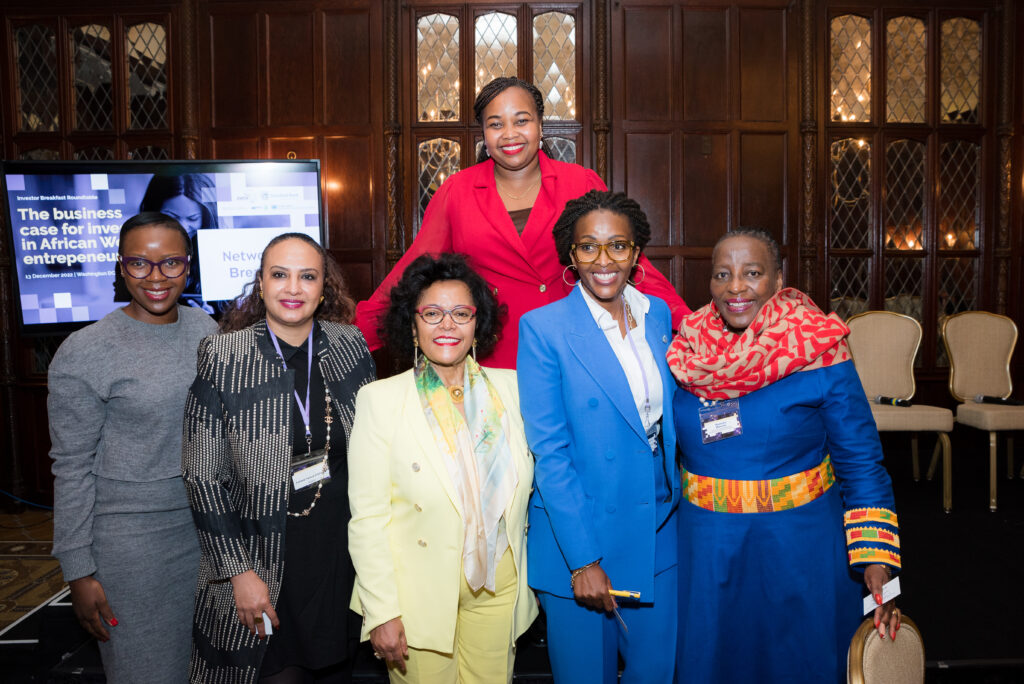
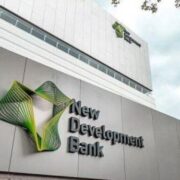


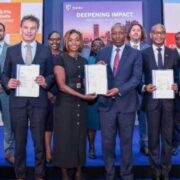

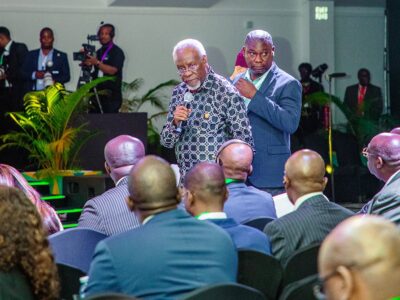
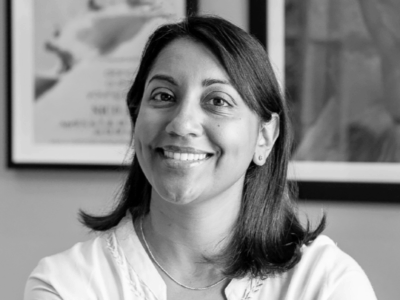
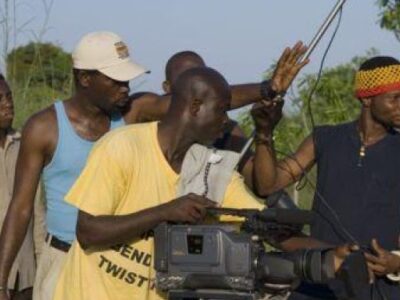

Comments